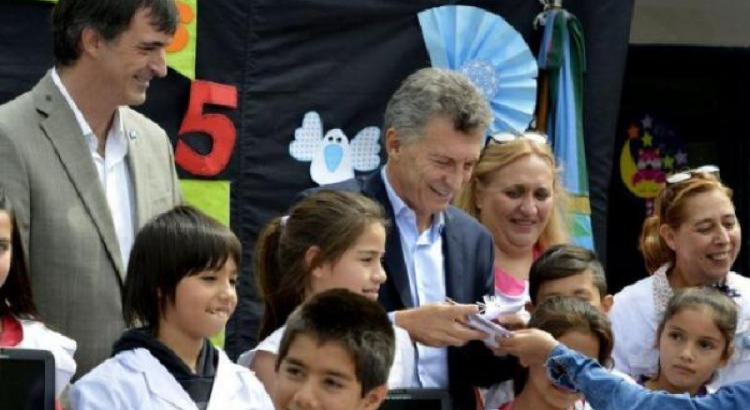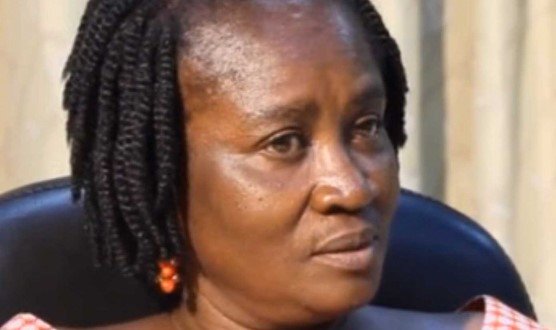Professor Jane Naana Opoku-Agyemang, the Minister for Education, has affirmed government’s commitment to improve technical and vocational education as well as the teaching and learning of mathematics and science in the country.
This, she said, has led to the reorientation of scores of science and mathematics teachers at basic and secondary school levels, and ensured the provision of relevant resources to boost students’ interests in the study of such subjects.
The move is expected to build a solid foundation for robust technology training and shore up enrolment of technical students in tertiary education.
“We have retrained thousands of teachers of these subjects at the basic and secondary levels with the hope of going into the future, to be able to see more students into all these disciplines,” she said.
“Because we know that if we have to turn our primary commodities into those that have value-added then we need to seriously pay attention to technical and vocational education.”
Professor Opoku-Agyemang was addressing scores of students, lecturers, parents and guardians as well as local and international partners at the 10th Anniversary durbar of the Ghana Technology University College (GTUC).
The anniversary was on the theme: “Connecting the dots,” which took retrospective and prospective assessment of entrepreneurship, information technology and engineering training in Ghana after GTUC was inaugurated 10 years ago.
Though these subjects, she said, has been posing as a “threat” to students, they played invaluable roles in technology education for sound knowledge and skill building that would accelerated national economic growth.
“These subjects form the basis of our education, [as such] we need to seriously take another look at how we teach mathematics and science, especially at the basic levels.”
“What is about these subjects posing threat to our students,” she quizzed, and urged state parties to forge private and public partnership as guaranteed by the country’s 1992 Constitution in order to promote quality technology education”
“Sometimes it is labelled that private participation [in education] is focusing on the humanities but GTUC has upturned that argument” referring to other universities as veering off their mandate which GTUC has defied and continue to stick to its statutory obligation of offering technology inclined courses.
She expressed delight that at least the country has two private medical schools, “something that has taken us too long a time to come to fruition.”
Dr Osei Kofi Darkwa, the President of GTUC, chronicled several achievements of the University, first used as a Royal Air Force Training School during the Second World War and subsequently handed to Cable and Wireless to train Telecommunications Technicians for British West African Countries – Ghana, Nigeria, Sierra Leone, and The Gambia.
The University which begun as a training centre – teaching certificate courses – has developed into a fully-fledged accredited university with campuses dotted across the country and West Africa.
School authorities say GTUC student population has climbed to over 8,000 pursuing more than 28 undergraduate and postgraduate programmes in Engineering, Informatics and IT Business.
The University has established “functional and mutually beneficial partnerships” with over 20 institutions and universities worldwide, Dr Darkwa said.
Some notable partnership institutions includes Aalborg University in Denmark; Anhalt University, Germany; Staffordshire and Coventry Universities, UK; University of West Scotland and CASS Europe, Belgium; and Lexemborg;
Others are MS Ramiah, India; Korea Advanced Institute of Science and Technology; Central State University; Southern State University, US, Jiangsu and Gulin Universities, China.
Dr Darkwa said the institution received many awards including one at the Business Initiative Award Summit for the university’s “contribution to technology education” and the Socrates Award for being “one of Africa’s most progressive universities.”
It also obtained the European Society for Quality Research Best Practices Award for “implementing outstanding quality management strategies and the Le Matinal Educational Excellence Award which was received for being the best Telecoms University.
GTUC has been ranked as the best private university in Ghana and the fourth among all universities in the country.
Fuente: http://citifmonline.com/2016/10/01/technical-education-would-be-given-more-attention-minister/









 Users Today : 75
Users Today : 75 Total Users : 35460092
Total Users : 35460092 Views Today : 94
Views Today : 94 Total views : 3418725
Total views : 3418725